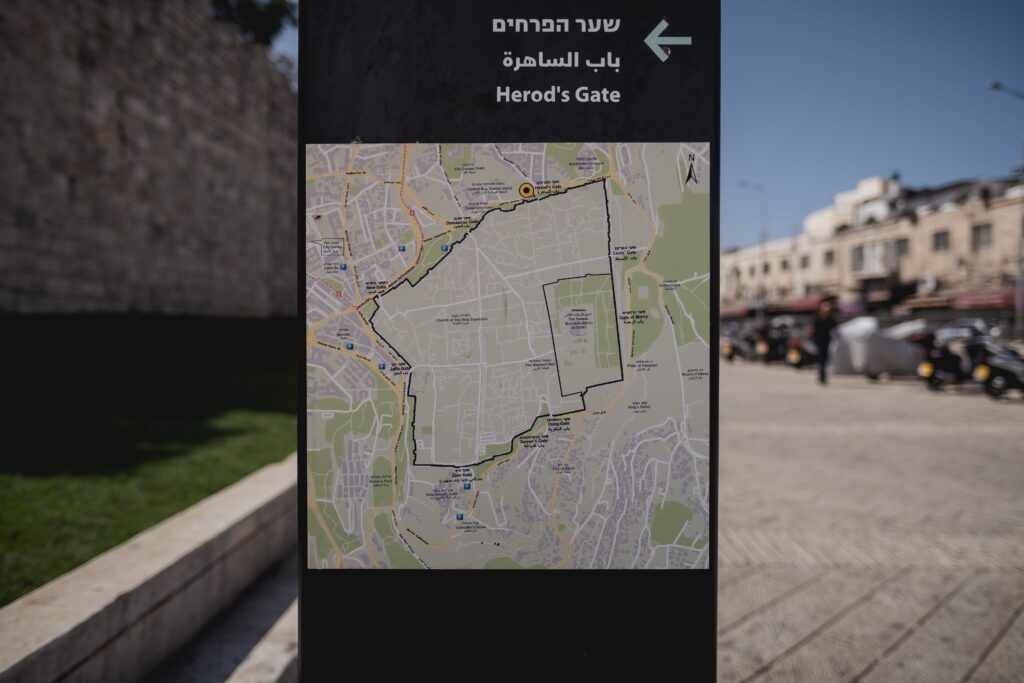Though genealogical lists can seem boring in the Bible, there are interesting gems throughout them if you give yourself enough time to think about it.
The main point of this chapter is a list of the group of Israelites who returned on the first trip back from exile. Ezra listed the first section by descendants. This most likely is referring to the men of Judah and Benjamin.
The second section refers to where the people resided. See if you can find some towns you recognize as described in other stories from the Bible. What happened there?

He gave special consideration to the third which listed the Levites by their positions. This was important because their main focus in returning was to rebuild the temple. The Levites were critical for this task because they were the only ones allowed to serve in the temple once it was completed. They knew the exact specifications that were to be honoured and fulfilled as well.
Each Israelite needed proof of their genealogical legacy in order to obtain their inherited land. The Levites also needed proof of theirs in order to serve in their family’s assigned task. For example, as recorded by Ezra, these were the categories of the Levitical positions needing to be fulfilled: priests, singers, gatekeepers, and temple servants. A general category of Levites was also listed as they would assist in maintaining and repairing the temple, as well as keeping their families’ farms and vineyards.
A list of descendants from “Solomon’s servants” were listed in Ezra 2:55-58. Why would Ezra consider these people? This was hundreds of years after Solomon reigned over Israel. According to my research, commentators seem to agree that these people were a remnant of foreigners who survived the battles during David and Solomon’s time, which Solomon enlisted specifically for the building and work of the temple. They became an honoured group of people, accepted by the Israelites, to continue to maintain the temple building.
The next group shows the distinct importance for the Israelites and Levites to know their family heritage.
“These searched for their entries in the genealogical records, but they could not be found, so they were disqualified from the priesthood. The governor ordered them not to eat the most holy things until there was a priest who could consult the Urim and Thummim.” Ezra 2:62-63
The Urim and Thummim was a method of casting lots the Lord used with priests to decide upon things. The Urim and Thummim were kept in the priest’s ephod – a vest he wore over his robe.
This group of people were unable to participate in their duties because they couldn’t/didn’t keep record of their family tree. Though that doesn’t seem like a big deal in today’s culture, this was critical. Why? Think about Jesus. If the Israelites didn’t care about their genealogy, there would be no way to identify if Jesus’ prophecy to be born from the house of David had been fulfilled. Because they place high importance on this, we have a record from Adam down to Jesus of the line He came from to prove His prophecy was indeed fulfilled. It was also meant to keep pure lines between the Israelites and foreigners, and to identify which piece of land each person was supposed to inherit based on where each tribe’s land was allocated throughout Israel.

As Ezra concludes the list of the first group who returned from Israel, he finishes with a list of all of the slaves, singers, and transportation animals that accompanied them.
“After they arrived at the LORD’s house in Jerusalem, some of the family leaders gave freewill offerings for the house of God in order to have it rebuilt on its original site. Based on what they could give, they gave 61,000 gold coins, 6,250 pounds of silver, and 100 priestly garments to the treasury for the project. The priests, Levites, singers, gatekeepers, temple servants, and some of the people settled in their towns, and the rest of Israel settled in their towns.” Ezra 2:68-70
King Nebuchadnezzar of Babylon had burned the temple down in his final deportation of the last group of Jews to go into exile. So, this group that gave a freewill offering were standing in the ashes of where the temple used to be.
Some of the family leaders had the right response upon their return to Jerusalem. They chose to give a freewill offering to the LORD to help in rebuilding the temple. They gave thanks to the Lord and worshipped him before going to their own towns and settling in.
The Lord knows and counts each one of His children.
“LORD, You have searched me
and known me.
You know when I sit down
and when I stand up;
You understand my thoughts
from far away.
You observe my travels
and my rest;
You are aware of all my ways.” Psalm 139:1-3
He should receive our praise and worship first before we take care of our own agendas because He is the One who provides for you and has numbered and planned out your days. Seek His will and then go about it.
“Teach us to number our days carefully so that we may develop wisdom in our hearts.” Psalm 90:12




